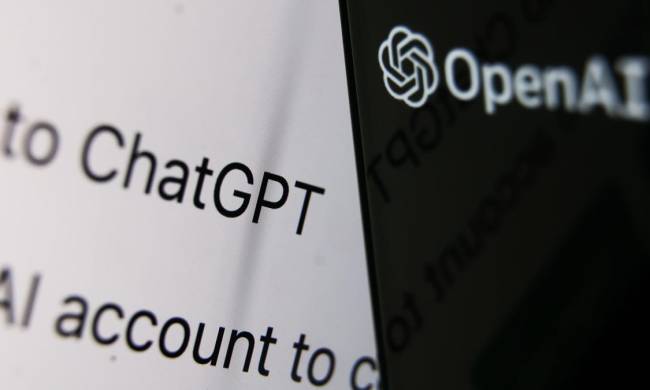Artificial General Intelligence, or AGI, is considered by some to be the end goal of artificial intelligence (AI) development. Instead of having an AI that can perform specific tasks, an AGI would be able to perform any task you set it, and with enough time and computational power, do it well. Some see ChatGPT as the first example of AGI, while others consider us at least a few years away from an AI that can do anything.
Really, it’s more of a debate about how exactly we define AGI, and how to know when we get there.
What is AGI?
An AGI agent should, in theory, be able to complete almost any intellectual task that a human or animal can do — and potentially do it better. There are certain tasks that even an AGI can’t complete, however, such as almost anything to do with the physical world. That is, at least, until robotics come into play.
With the launch and success of ChatGPT, and Google’s Bard, however, the discussion has moved from whether AGI is possible, to when it will be achieved. Some claim that the existing GPT 3 model chatbots get pretty close, while others say the newer GPT4 model, or even future GPT5 models, will reach that threshold.
Others still claim that we’re years, or even decades away. But wherever you believe we are on the timeline, we are moving towards a time where AI agents can do almost anything on a computer that a human can.
Is ChatGPT an AGI?
In its current form, no. The publicly available GPT-3.5 model, while capable, is extremely limited in some areas, and OpenAI safeguards constrain it further for moral, safety, or legal reasons.
More than anything else we’ve seen, however, ChatGPT gives us a preview of what true AGI might be like. It understands and responds in natural language, and for the most part, is hard to distinguish from a real human.
When will AGI be reached?
Because the concept of AGI is so abstract, it’s difficult to say when it will arrive — and when even when it does, there will be debate about whether or not it’s real.
i have been told that gpt5 is scheduled to complete training this december and that openai expects it to achieve agi.
which means we will all hotly debate as to whether it actually achieves agi.
which means it will.
— Siqi Chen (@blader) March 27, 2023
However, enthusiasts are looking at future versions of OpenAI’s LLMs (Large Language Models) to see if they may achieve AGI. The upcoming GPT-5 model is expected to finish training later this year, and some have suggested it could achieve AGI.
Of course, as the Twitter user notes, this will still be debatable, and chances are there will be ways to break it. But the potential is certainly there for this sort of intelligence to emerge in the coming years.
Interesting find: One year ago, forecasters estimated AGI to be ready by 2057.
Given the rapid pace of AI these past few weeks, AGI is now expected to be ready by October 2032. 🤯 pic.twitter.com/vHp6izeBAI
— Rowan Cheung (@rowancheung) March 28, 2023
Other experts mark a further date for when AGI may be achieved. Elon Musk predicted 2029 at one point, while a broader census taken by Metaculus puts it at October 2032. According to AI enthusiast Rowan Cheung, has been moved up from 2057 when the forecast was taken a year ago.
Limitations on intelligence
There is an important distinction to draw between the classic idea of an AGI, and what current language model AIs are doing. They have the potential to develop the capabilities of AGI, but they won’t be “intelligent” in the sense that they understand what they’re doing, or have any kind of motivation for such tasks beyond completing the instructions given to them.
Natural language model chatbots are prediction engines. They predict the next best word in a sequence, which with enough of, and the right, training data, can lead to very believable interpretations of intelligence. It can also allow the creation of AI agents which can do all kinds of amazing things. It can even create chatbots like ChatGPT, which can seem intelligent, and even sentient under the right circumstances.
But they aren’t, and won’t be. ChatGPT and its ilk are not intelligent in the sense that they understand anything, and most near-future ideas of AGI won’t be either. They could be incredibly capable, though.



